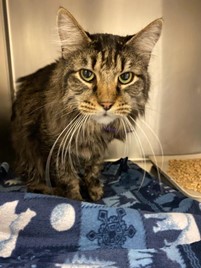colitis in cats merck
Inflammatory bowel disease IBD is a multifactorial disease of dogs and cats characterized by chronic enteropathies that can significantly impact quality of life. Many domestic animals develop acute gastroenteritis after ingestion of Campylobacter spp including dogs cats calves sheep pigs ferrets mink.
How Often Should Cats Poop Healthy Cat Bowel Movements Dutch
Campylobacter spp are spiral microaerobic gram-negative bacteria that cause gastroenteritis in people and animals.
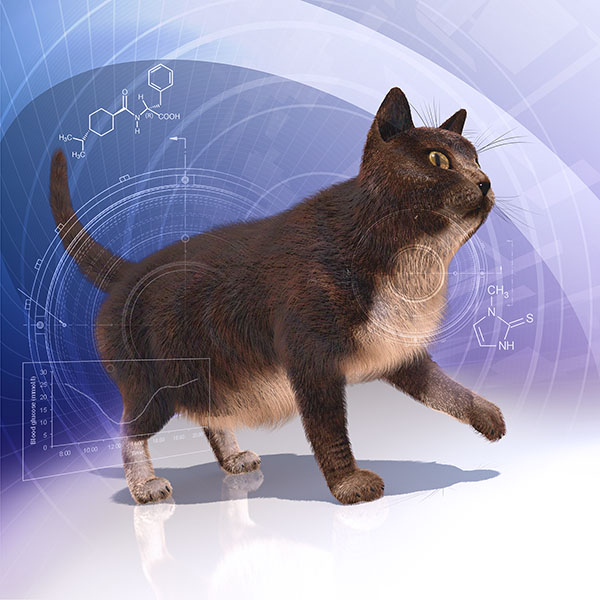
. Cattle affected by hemorrhagic bowel syndrome have a history of. Dark bramble jelly-type feces scant in amount. Diagnosis is based on the history and clinical.
It most commonly causes vomiting. The average age reported for the development of disease in cats is 7 years. In most cases the cause is unknown.
Megacolon is a term used to describe a very dilated flaccid incompetent colon. Imaging can be used to determine if there is a. Inflammation may be the result of a defect in the function of the immune system in the colon.
Prognosis IBD can often be controlled so that affected cats are healthy and comfortable. Cats with chronic colitis tend to be middle-aged and are often purebred. The colon is the last part of the gastrointestinal system following the small intestine.
Its important to follow-up with the veterinarian to monitor medications for follow-up testing and for treatment for any accompanying conditions such as cancer. These enteropathies are usually thought of as being food responsive antibiotic responsive steroid responsive or refractory regardless of immunosuppressive therapies idiopathic IBD. Signs of liver disease include increased drinking and urination abdominal swelling jaundice digestive upset and weight loss.
Acquisition may be foodborne waterborne person-to-person spread or occasionally through zoonotic spread. Cats become infected through ingestion or. Because of the risk of salicylate toxicity in cats see Colitis in Small Animals Colitis in Small Animals Colitis occurs in dogs and cats and often presents as chronic large-bowel diarrhea of unknown origin.
Other less common causes are tumors inflammatory bowel disease diabetes and certain medications. The liver is an important organ necessary for controlling many different body functions. Because of the varied actions of the liver there are several blood and urinary tests that can reveal liver disease.
Videos 0 Gastroenteritis is inflammation of the lining of the stomach and small and large intestines. Dullness and weakness progressing to recumbency. C difficileassociated diarrhea and disease develops spontaneously in a variety of other species including horses pigs calves dogs cats hamsters guinea pigs rats and rabbits.
Several Campylobacter spp are zoonotic. Constipation is frequent in small animals particularly in cats. However if the intestine or colon is involved chronic diarrhea can be seen.
Colitis is a general term that refers to inflammation of a dogs colon also known as the large intestine. Inflammatory bowel disease IBD which includes Crohn disease Crohn Disease Crohn disease is a chronic transmural inflammatory bowel disease that usually affects the distal ileum and colon but may occur in any part of the gastrointestinal tract. Pancreatitis is linked to some cases of viral or parasite infections like toxoplasmosis or pancreatic flukes and other problems like an injury but these arent common causes.
Read more and ulcerative colitis Ulcerative Colitis Ulcerative colitis is a chronic inflammatory and. This usually occurs secondary to chronic constipation and retention of feces but may be a congenital dysfunctionMegacolon itself is not a specific disease entity but it will usually result in obstipation inability to defecate since feces is retained in the colon in a larger diameter than is able to. Inflammatory bowel disease IBD is a syndrome caused by a specific reaction to chronic irritation of the stomach or intestines as a response to an insult injury or foreign substance.
Histiocytic ulcerative colitis is a rare but severe large bowel disorder that is seen primarily in Boxer dogs but has also been reported in the French bulldog mastiff Alaskan malamute and Doberman pinscher breeds. However in more severe cases such as obstipated patients enemas are necessary. Clostridium perfringens enterotoxicosis in cats is a complex syndrome that causes spontaneous diarrhea in felines.
At least 13 of infected cats shed the virus indefinitely. The principal adverse effects in dogs are keratoconjunctivitis sicca and vasculitis. Sudden and pronounced drop in milk production.
The addition of soluble fiber such as psyllium to the diets of cats with inflammatory colitis may be helpful and supplementation with folate or vitamin B12 should be provided if an affected cat is deficient in these B vitamins. Fecal shedding of feline enteric coronavirus begins within 1 week of initial infection and persists at high levels for 210 months followed by an extended period up to 24 months of lower level potentially intermittent viral shedding. Most cases are infectious although gastroenteritis may occur after ingestion of drugs and chemical toxins eg metals plant substances.
By the time food gets to a dogs colon most of the nutrients have been absorbed but a large natural bacterial population within the colon. Overview of Enteric Campylobacteriosis. Experts estimate that nearly 15-20 percent of all feline diarrhea cases are Clostridium perfringens related.
IBD is most commonly diagnosed in middle-aged to older cats. Pancreatitis is often only a minor part of these conditions too. Abdominal distention and pain with kicking at the abdomen.
Clostridium difficile is a large gram-positive anaerobic spore-forming motile rod and is the major cause of antimicrobial-associated colitis in humans. Most affected dogs are young developing clinical signs before 2 years of age. Sudden anorexia and depression.
It is characterized by painful or absent defecation and an impacted colon on physical examination and radiographs. Clostridium perfringens is a bacterial infection of the intestines with which most cats develop long-term clinical symptoms of diarrhea and clinical signs. Bacterial parasitic traumatic kidney-related and allergic causes are suspected.
Colitis in cats merck Tuesday April 12 2022 Edit. Adding or changing the diet is usually successful.
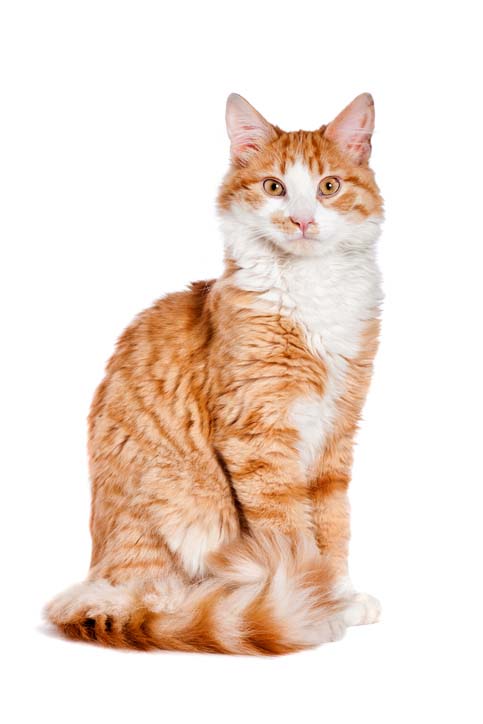
Tables Merck Veterinary Manual

Bravecto Plus For Cats Topical Flea Tick Heartworm Allivet
Why Does My Cat Have Diarrhea Causes Treatment Dutch

Merck Veterinary Manual Youtube

Inflammatory Bowel Disease Ibd In Dogs And Cats

Inflammatory Bowel Disease Ibd In Dogs And Cats

Why Does My Cat Have Diarrhea Causes Treatment Dutch
Why Your Cat Has A Sensitive Stomach According To Veterinarians The Honest Kitchen
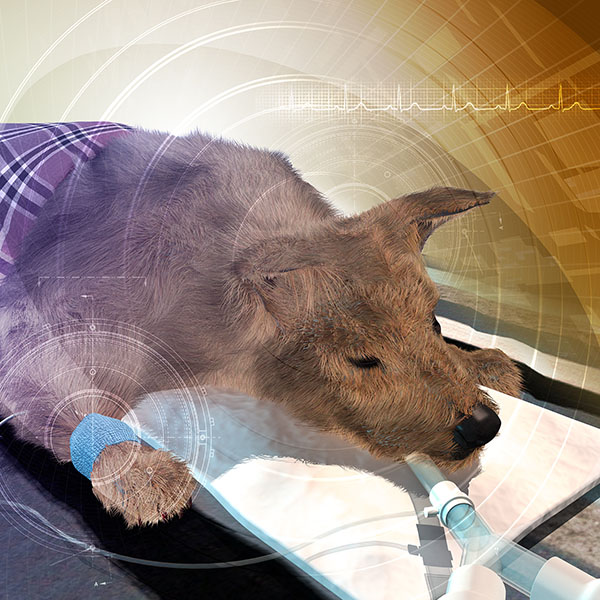
Tables Merck Veterinary Manual
Pancreatitis In Cats Causes Symptoms Treatment Dutch

Coccidia In Cats Signs Symptoms And How To Treat This Infection Daily Paws
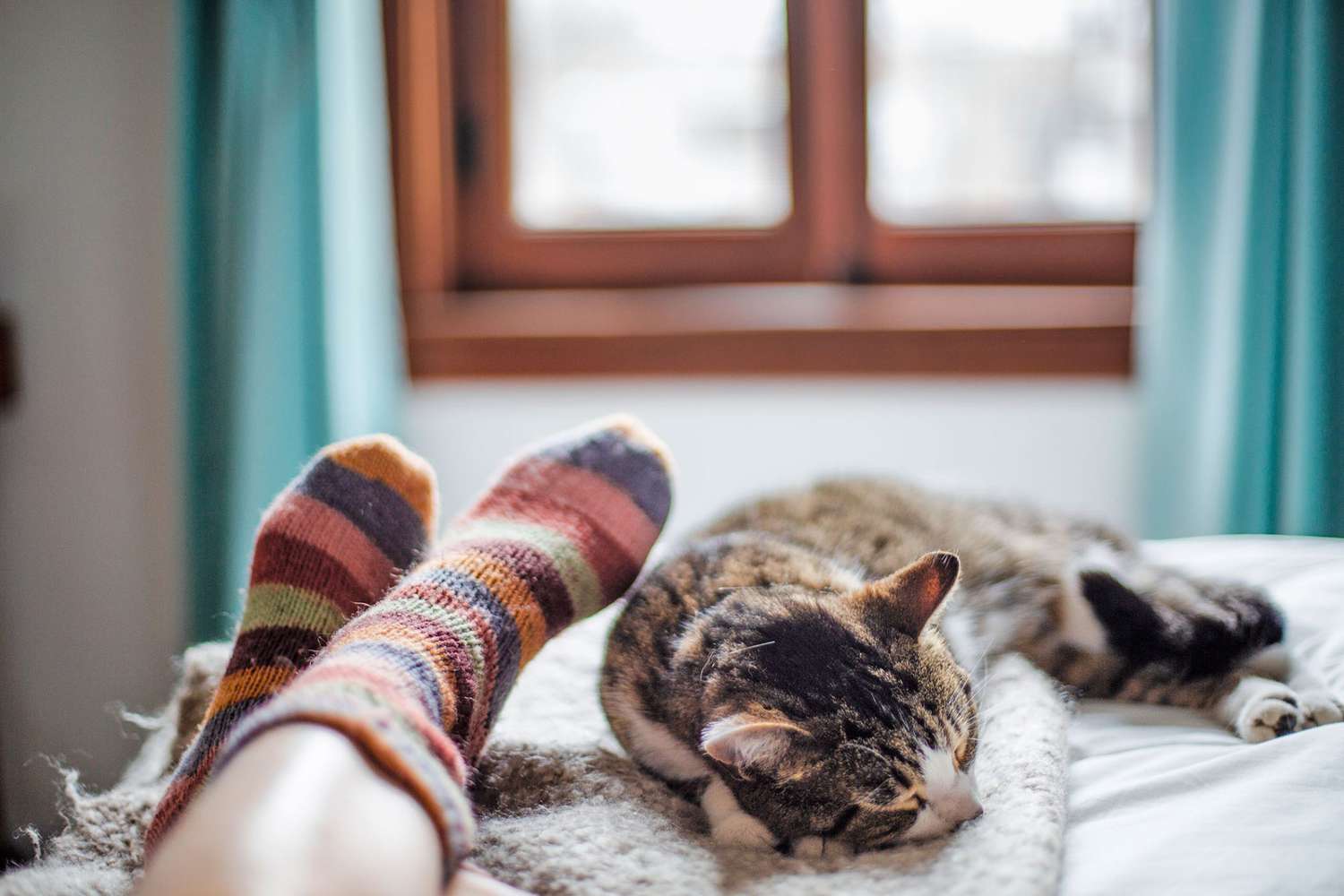
Coccidia In Cats Signs Symptoms And How To Treat This Infection Daily Paws
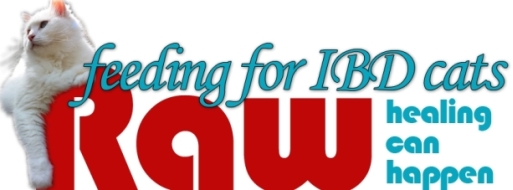
Uri Herpes Management Raw Feeding For Ibd Cats

Tables Merck Veterinary Manual

Inflammatory Bowel Disease Ibd In Dogs And Cats

Pneumonia In Cats Causes Symptoms And Treatment Options Daily Paws
/GettyImages-1200129340-c7d18227794a40ee8ab8a4e6953ae571.jpg)

